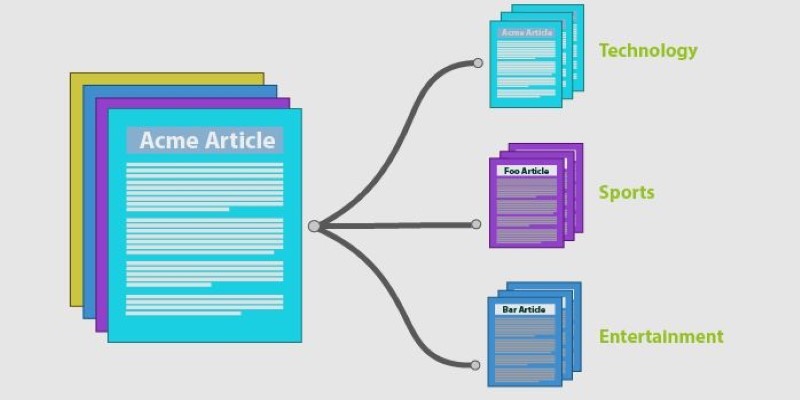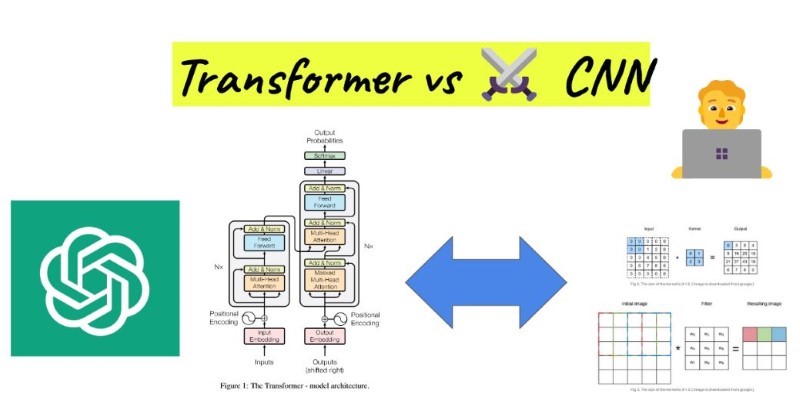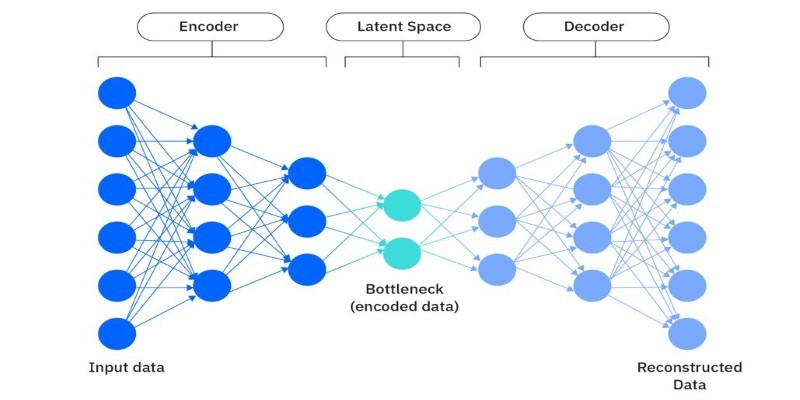AI tools use artificial intelligence to help with various business needs, including data evaluation, error fixing, content creation, and more. Consequently, businesses have enough time to concentrate on serious problems, improving overall performance and boosting productivity. So, for now, AI tools have become the favorites of many businesses, which have been using them to survive and succeed in this constantly evolving technological world.
After knowing how beneficial these tools can be, you must consider implementing them to automate your workflow. If yes, then let us tell you the first step in using AI tools is understanding them and how they work. So, if you are ready to learn, keep reading, as this is what we will discuss today.

Understanding AI Tool: What Is It and How Does It Work
An AI tool is a software or application that uses AI algorithms and models to do specific tasks and fix issues. These tools may evaluate information, find trends, and make conclusions. AI tools can be used to create images or animations and write content. These tools can assist you with various industry demands, from healthcare and banking to promotional activities and learning, by streamlining processes, evaluating data, and optimizing decision-making. Now you must be wondering why AI tools are so much in demand and popular among different businesses; let's learn the causes behind this popularity here:
- Cost Saving And Resource Optimization: AI assists humans in performing laborious, boring, and difficult tasks. It improves the distribution of resources, ensuring that assets are used effectively and productively. For example, manufacturing businesses install AI robots to perform machine operator jobs. These robots do not take breaks and work continuously. AI boosts productivity while decreasing human stress.
- Improved Accuracy And Reduced Human Error: AI systems may handle vast amounts of data accurately. It produces more reliable and uniform results, particularly in complicated jobs with frequent human mistakes. For example, in the manufacturing industry, AI monitoring tools verify items with 99.9% accuracy. This accuracy reduces errors and promises constant high-quality products.
- Enhance Decision-Making Capabilities: AI tools provide data-based knowledge, allowing you to make more informed decisions. These tools can help firms improve their tactics by evaluating trends and uncovering new possibilities. For example, a system utilizes artificial intelligence and machine learning to detect pests and spray chemicals in crops. The aim is to lower the usage of pesticides by up to 90%, which in turn reduces adverse environmental effects.

AI Tool Examples:
Working smarter rather than harder is one of everyone's aims, and AI tools may assist you in achieving that goal. Some of the tools that you can use have been enlisted below:
AI Chatbots
Chatbots are the most essential and popular AI tool that pushes AI into people's lives. ChatGPT is today's market leader and the first chatbot to set things on fire. It is a sophisticated chatbot developed by OpenAI and has attracted 1 million visitors in the first five days. It may assist you with activities like generating innovative content, answering inquiries, and even changing languages. It can also recall and answer queries you addressed before in the chat. The most remarkable feature of ChatGPT is its chatbot feature, which means you do not need to begin from zero if the results aren't what you're searching for.
Claude
Claude can assist you with almost any task, especially creating written material, computer coding, and interacting with users. It can reply to text or graphic data and is accessible via the web or the Claude smartphone app. Anthropic built it using fundamental AI, currently holding a 0.07% share in the AI market. Claude is simple to use and provides trustworthy responses. It eliminates ambiguous replies, making it suitable for simple and challenging duties. It's also useful for tasks that require creativity, such as brainstorming concepts, composing stories, and repairing programs.
Buffer
Regular posting is one of the most effective strategies for increasing followers on any social media network. However, when you have full-time work and online businesses, generating content may be challenging – until you rely on Buffer's AI Assistant. The AI tool will help you think strategically and grow and reuse social media content. In simple terms, it's been programmed to comprehend the unique features of each platform. For example, the tool knows that X/Twitter posts are limited to specific individuals, posts on LinkedIn are more professional, and Instagram posts are entertaining.
Notion
Notion is an efficient software tool that helps handle numerous tasks. It assists you in improving your workflow by generating summary data, responding to queries, managing repetitive operations, and targeting productivity. It can also be used by both students and workers from all industries. It offers a new set of functions many other tools offer to boost productivity. Notion AI, like any other AI tool, relies on figuring out how to use its capabilities properly to meet your requirements. Remember, no AI tool is perfect. Review any AI-generated text to ensure it is error-free and conveys your sense of humor.
Jasper
Jasper is an artificial intelligence assistant that helps businesses develop content that reflects their distinctive marketing style. It is mainly designed for marketing purposes, with themes for various advertising materials such as social media postings, email titles, website copy, etc. It functions as an "information generating program" in which users submit simple data, and Jasper generates top-notch material according to their criteria. Jasper focuses on simplicity in content creation, with easy cues and a user-friendly interface. It also includes chatting features, allowing users to discuss ideas and ask questions.
Conclusion:
AI tools are essential for modern enterprises, providing many advantages, from automation to improved statistics. From everyday activities to streamlining businesses, AI tools create new opportunities for advancement and creativity. They lower errors, increase accuracy, and boost productivity while cutting costs. The future of AI is vibrant, and this is the time to use these technologies to compete and be creative. But, before using any of these tools, don’t forget to know what is important to you and its possible effects on your business.











